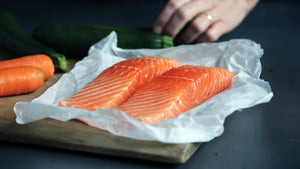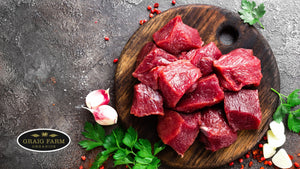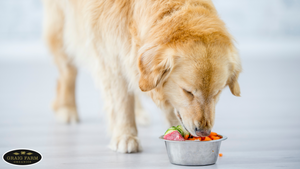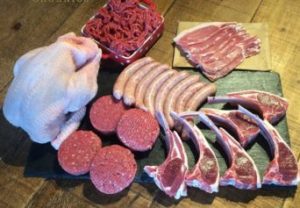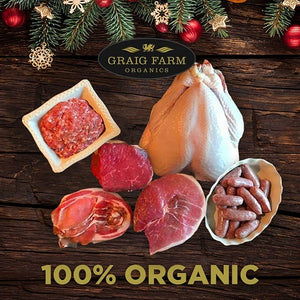What is Factory Farming?

Factory farming is an intensive system of agriculture that prioritises maximum output and getting livestock to market as quickly and cheaply as possible.
Approximately 2/3 of farm animals in the world are factory farmed every year, which equates to around 50 billion animals. This method of farming comes at the cost of animal welfare, sustainability and food quality.
Here are some of the key methods used in factory farming and how they differ from organic practices.
Overcrowded conditions
On factory farms, large numbers of animals are confined to small spaces like crates, cages and windowless sheds. Overcrowding aims to produce high quantities of meat, eggs and dairy while keeping costs to a minimum.
With no room to spread their wings, stretch their legs or even lie down, animals are forced to live in their own waste. These conditions soon become a hotbed for disease and infection and many animals suffer from respiratory diseases, muscle lameness and pneumonia.
Caged animals aren’t healthy animals, which is why organic farming standards require that they’re free to roam the outdoors, socialise with each other and forage for food.
Animal mutilation
Because so many factory farmed animals are crammed together, they become distressed and frustrated and attack each other. To prevent this, they’re debeaked, dehorned and castrated. Some animals like pigs have their teeth ground down and chickens have their toes removed. These practices are often carried out without anaesthetic, leaving the animals in immense pain.
This life of continual torment isn’t a healthy or sustainable way to produce food. Organic farming offers an alternative approach, allowing animals to express their natural behaviours, exercise and live free from stress.
Poor diets
Most factory farmed animals live on poor quality, grain-rich diets that can wreak havoc on their digestive systems. The corn and soy-based feeds speed up growth and get livestock to market faster and aren't chosen for their overall nutritional value.
Growth hormones and antibiotics are also routinely given to farm animals, which is concerning for human health. More antibiotics are used for farm animals than people, which may be contributing to antibiotic resistance in humans.
On organic farms, at least 95% of animal feed must be grown to organic standards. No routine drugs, growth promoters, animal offal or any other additives are fed to organically reared animals, providing a much higher quality of food that’s healthier for us.
If you choose organic alternatives, you’re supporting animal welfare, sustainable farming and better food quality. See our range of organic produce and make the switch today.
- Tags: Organic Farming
- Graig Farm
